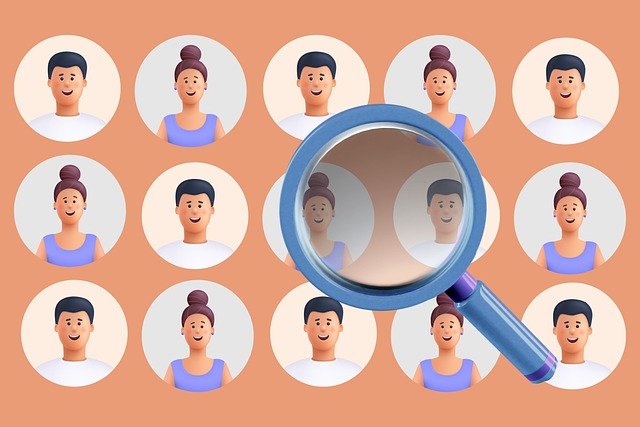Online Therapy: Revolutionizing Mental Health Care in the Digital Age
In recent years, online therapy has emerged as a groundbreaking approach to mental health care, offering unprecedented accessibility and convenience to those seeking support. This innovative form of treatment leverages technology to connect individuals with licensed therapists, breaking down barriers of distance, time, and stigma that often hinder traditional in-person therapy.

What are the benefits of online therapy?
One of the most significant advantages of online therapy is its accessibility. Individuals living in remote areas or those with mobility issues can now receive professional mental health support without the need for travel. This increased access is particularly crucial for underserved populations who may have limited local resources. Additionally, online therapy often offers more flexible scheduling options, making it easier for busy professionals or parents to fit sessions into their daily lives.
Are there any limitations to online therapy?
While online therapy has numerous benefits, it’s important to acknowledge its limitations. Some therapeutic techniques that rely on in-person interaction may be challenging to replicate in a virtual setting. Additionally, therapists may miss subtle non-verbal cues that are more apparent in face-to-face sessions. There are also concerns about privacy and data security, although reputable online therapy platforms employ robust encryption measures to protect client information.
How effective is online therapy compared to traditional in-person therapy?
Research has shown that online therapy can be as effective as in-person therapy for many mental health conditions, including depression, anxiety, and post-traumatic stress disorder. A meta-analysis published in the Journal of Anxiety Disorders found that internet-delivered cognitive behavioral therapy (CBT) was equally effective as face-to-face CBT for various anxiety disorders. However, the efficacy may vary depending on the individual’s specific needs and preferences.
What types of mental health issues can be addressed through online therapy?
Online therapy can address a wide range of mental health concerns, including but not limited to:
-
Depression and mood disorders
-
Anxiety disorders
-
Relationship issues
-
Stress management
-
Grief and loss
-
Substance abuse
-
Eating disorders
-
LGBTQ+ specific concerns
While online therapy is suitable for many mental health issues, it may not be appropriate for severe conditions that require immediate in-person intervention or intensive treatment.
How do I choose the right online therapy provider?
When selecting an online therapy provider, consider the following factors:
-
Therapist qualifications and licensing
-
Types of therapy offered
-
Communication methods available (video, chat, phone)
-
Privacy and security measures
-
Cost and insurance coverage
-
User reviews and testimonials
Here’s a comparison of some popular online therapy providers:
| Provider Name | Services Offered | Key Features/Benefits |
|---|---|---|
| BetterHelp | Individual, couples, and teen counseling | Large network of therapists, multiple communication options |
| Talkspace | Individual, couples, and teen therapy | Text-based therapy, psychiatry services available |
| ReGain | Couples counseling | Specialized in relationship therapy, joint sessions available |
| Teladoc | General medical and mental health services | Access to both therapists and medical doctors |
| Amwell | Therapy and psychiatry services | On-demand appointments, integrates with some health plans |
Prices, rates, or cost estimates mentioned in this article are based on the latest available information but may change over time. Independent research is advised before making financial decisions.
Online therapy represents a significant leap forward in mental health care, offering a flexible, accessible, and effective alternative to traditional in-person therapy. As technology continues to advance and more research is conducted, we can expect online therapy to play an increasingly important role in addressing global mental health needs. While it may not be suitable for everyone, it has undoubtedly expanded the options available to those seeking support, making mental health care more attainable for millions around the world.
This article is for informational purposes only and should not be considered medical advice. Please consult a qualified healthcare professional for personalized guidance and treatment.






